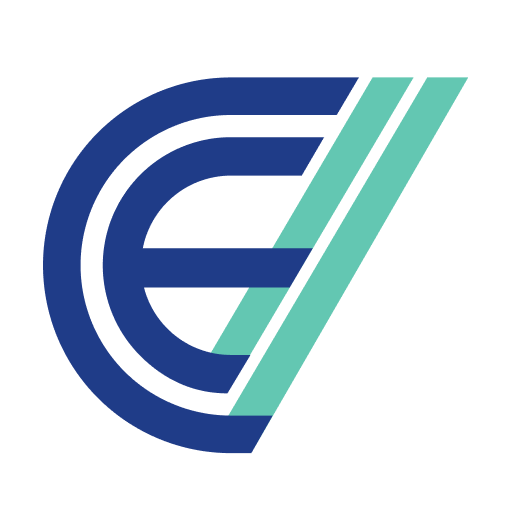 eleviCV
eleviCV
January 2025

Sophie Lane
Human Resources Consultant
Artificial Intelligence (AI) is no longer a futuristic concept confined to sci-fi movies. It has become an integral part of our daily lives, from chatbots handling customer service to algorithms curating personalized recommendations on streaming platforms. But as AI continues to evolve, there’s an elephant in the room: what does this mean for jobs and professions?
Many workers have started to worry, 'Will AI replace me?'. While the concern is valid, the answer is far less simple than a straightforward 'yes' or 'no.' In fact, the relationship between AI and human work might surprise you.
Before we dive into the fear of job displacement, it’s important to recognize that AI isn’t here to entirely replace humans. Instead, it has immense potential to complement human skills. For example, in professions like medicine, AI helps doctors by analyzing data and identifying health risks faster than ever.
Similarly, creative fields are also embracing AI as a co-creator. Graphic designers now have tools that help them enhance images, while writers use AI to generate content ideas or improve editing workflows. In these scenarios, AI isn’t taking over—it’s enabling professionals to work smarter and faster.
Some jobs may indeed be more susceptible to automation. Repetitive and predictable tasks such as data entry, simple administrative work, and even delivery logistics are already being reimagined by AI and robotics. However, the human touch remains irreplaceable in areas requiring creativity, empathy, and complex problem-solving.
Think about jobs like teaching, nursing, or counseling. These professions rely heavily on emotional intelligence. While AI might assist, it simply can’t replicate the nuance of human relationships and decision-making. Likewise, fields involving strategic innovation, such as entrepreneurship and scientific research, are far beyond AI’s current or foreseeable capabilities.
While the threat of AI might seem daunting, it’s also a wake-up call to embrace change. The most resilient professionals will be those who adapt by learning new skills. Upskilling and reskilling are buzzwords you might hear, but they’re also your allies. Focus on acquiring expertise in areas where humans outperform AI—soft skills, leadership, and creative thinking.
For example, if you’re a marketer, diving into AI-powered tools can transform the way you analyze consumer behaviors. However, understanding what truly resonates with your audience will always be an irreplaceable human strength.
Future-proofing your career involves recognizing the evolving demands of the labor market. Build proficiency in AI-adjacent roles—jobs that require managing technologies rather than being replaced by them. Imagine becoming an AI trainer, where your expertise helps refine what the system learns, or an AI ethicist, who ensures algorithms are implemented responsibly.
By staying curious and open to learning, you can pivot your career trajectory in ways that align with emerging opportunities. Keep an eye on trends in your industry, and explore online courses, certifications, or workshops catered to these developments.
Your resume is more than just a record of what you’ve done—it’s a showcase of your adaptability to change. In the AI age, adding skills like 'AI integration' or 'data-driven decision making' can set you apart. But you don’t have to be a tech wizard to stand out; emphasize how you’ve used new tools and technologies to achieve results in your current role.
Sometimes, the hardest part is putting it all together. That’s where EleviCV comes in. Our AI-powered resume tool simplifies the process for you by creating tailored, impactful resumes in minutes. Shine a light on your skills, and show future employers that you’re ready for whatever comes next.
Don’t let the future catch you off guard. Take charge by creating your AI-optimized resume today with EleviCV!